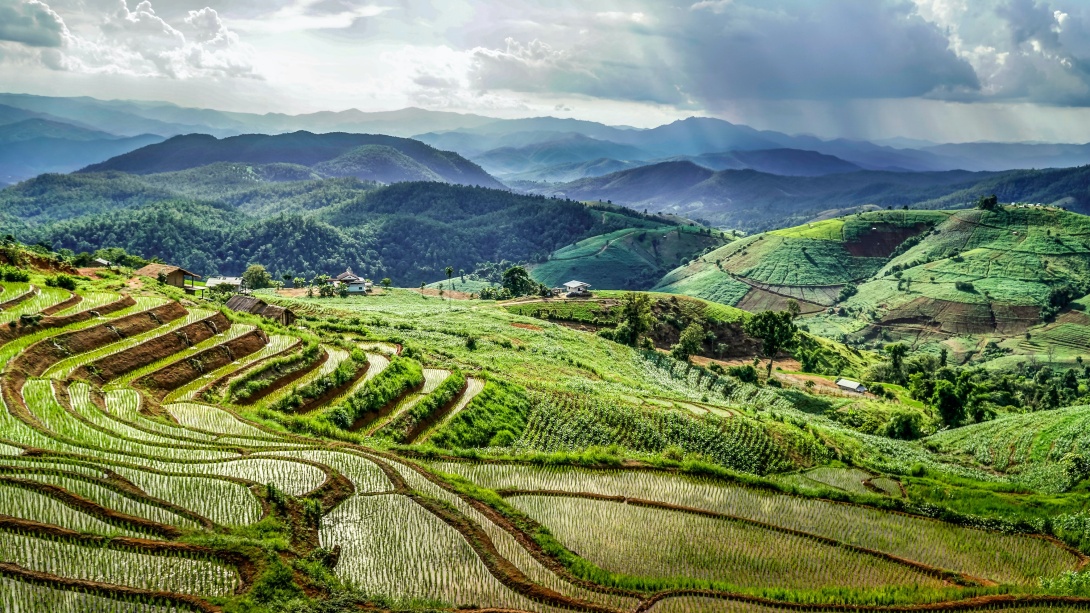Developed by a team from King’s College London, Co$tingNature is a spatial policy support tool for mapping nature's contributions to people, the risks of nature loss to people and the risks of human development activity to nature. REDAA has supported refinement of the tool to make it more widely accessible to non-specialist users including policy makers.

Co$tingNature maps 18 ecosystem services, biodiversity, current human pressure and future threats to highlight areas of priority for conservation or development investment. The tool can assess the impacts of a range of development interventions on nature and on nature's contribution to people.
Widely used in over 180 countries and Co$tingNature has been operating since 2007. In Bhutan, for example, it is used to support policymakers in estimating the potential for forest ecosystem services.
The tool is global in scale, providing data at 10km resolution globally or at higher resolution locally. It has been used to estimate the contribution of nature to the sustainable development goals.
Getting the tool to a wider audience
Co$tingNature is a complex tool and requires some level of geospatial capability, which limits its use by many investment decision makers, policymakers, civil society organisations and donors and more widely in research.
To improve the use of this tool, REDAA supported the researchers leading Co$tingNature to develop a simplified web platform called Co$tingNature for Sustainable Development (CN4SD), and carry out associated trainings and promotional activity.

The platform is connected with the existing and regularly updated Co$tingNature tools and datasets to ensure it remains as accurate as possible. It is open access and free to use.
By making this data more accessible and widely useable, it is hoped that policy makers and key investment decision-makers will be able use up to date environmental intelligence to inform their decisions supporting environmental restoration and resilience to climate change.
The National University in Costa Rica, alongside other policymaking actors, has already expressed interest in using the updated platform. CN4SD could also be used to support the nature proofing of development investments by donors.
Links
Co$tingNature for Sustainable Development platform